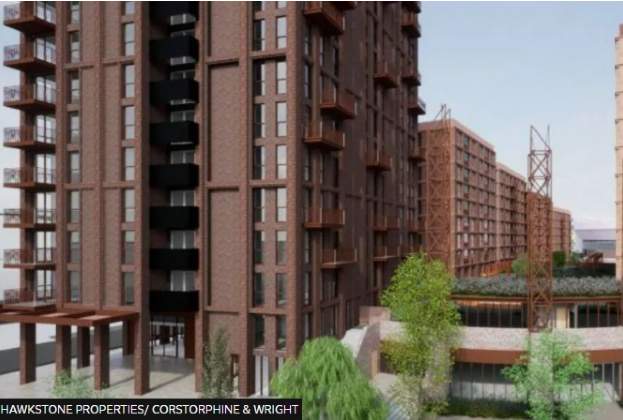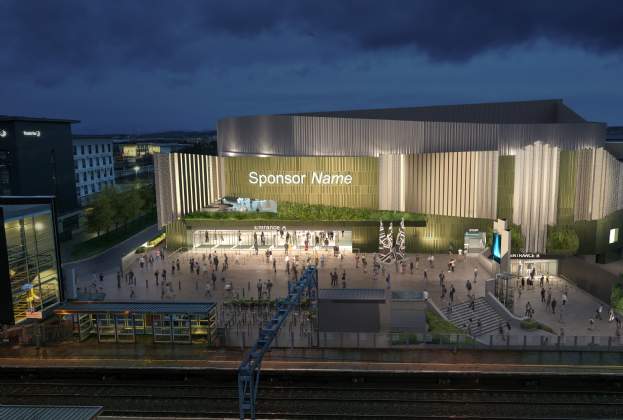The proposed Agent of Change Bill, which will require new developments to manage noise impacts coming from existing sources, is an important initiative and much needed for two reasons.
Firstly, because it aims to tackle the loss of night-time venues (it's reported that 50 per cent of London's nightclubs have closed over the last five years). Such venues, from pubs to music venues, play an important role in our community and cultural life but they have been hit hard by encroaching residential development, with the current policy focused on financial penalties against those that create noise.
And secondly, because it seeks to address an imbalance in the current planning system, whereby an existing long-established occupier can have their business compromised by a new incoming agent. The Agent of Change Bill will place the burden for sound attenuation on the incoming agent rather than on the established venue.
Impact on developers and residents
However, it is still unclear how the initiative will be implemented.
The recently adopted Culture and the Night Time Economy Supplementary Planning Guidance (SPG) for the London Plan sets the policy agenda for the Bill. This suggests that the Bill won’t make new development unfeasible, but then how little noise attenuation is appropriate and what noise thresholds will be applied? This will be an important consideration for incoming residents to new developments. It seems the Bill will leave such residents with no recourse if the noise levels are above what they anticipated, as it was their decision to move in. In that case, will there be a requirement for developers or agents to inform residents of noise volumes or decibels beforehand?
It is also uncertain how far developers will have to go to control noise and at what cost. Vibrations from bass music, for example, are non-directional and difficult to dampen in neighbouring properties. The most effective noise management approaches are generally at source: the placement of speakers and treatment of nearby walls is key.
The GLA’s Rescue Plan for London’s Grassroots Music Venues highlights the important role of developers in supporting existing night-time venues and developing new ones and there will be a need for developers and venues to work together to tackle the issue.
Impact on the night-time economy and venues
It is also unclear what impact this may have on the night-time economy. The issues facing night-time venues has been described as a ‘perfect storm’, with noise complaints from neighbours just one of the factors resulting in closures.
Other issues cited by venues include increasing rents, business rates or properties being redeveloped for more lucrative uses. Agent of Change won’t prevent developers from maximising the return on their investment through redevelopment of venues to residential or other commercial uses, or from acquiring venues which may impact on their development potential. That is why assigning Assets of Community Value and identification of Strategic Cultural Areas and Quarters are also important.
The fact is that many night-time venues tread a thin line between success and failure and, as the UK’s first Live Music Census recently confirmed, this is particularly the case for independent live music venues. Research suggests that people may drink less when they are being entertained, so venues with engaging entertainment, such as live music, may be at a commercial disadvantage.
The GLA’s Rescue Plan suggests a review of business rates could help, with research indicating that 21 grassroots music venues are at risk of closure due to a 26 per cent increase in business rates in 2017. These venues can have a significant cultural and social impact in terms of supporting young emerging artists and providing the community with access to a diverse range of performance. Should these venues be supported in the same way as other art institutions? This would seem to align with the governments Industrial Strategy, with the creative industry increasingly important in responding to the automation agenda and growing the economy.
Finally, Agent of Change will be implemented for new development only and won't impact existing noise conflicts. So there will remain issues with existing properties and how they operate and the impact of noise has on nearby residents. In Sydney, grant funding for live music and performance venues has been announced to support such venues continue through the difficult legislative conditions.
An important step
The Agent of Change Bill is expected to have its second reading on Friday, 11 May 2018 and it will be interesting to hear what additional details are released. What is certain is that this is an important step in recognising the value of night-time economy venues and the role they play in creating diverse, vibrant and exciting places we want to live in and visit.
Further information
Contact Savills Planning & Development
.jpg)
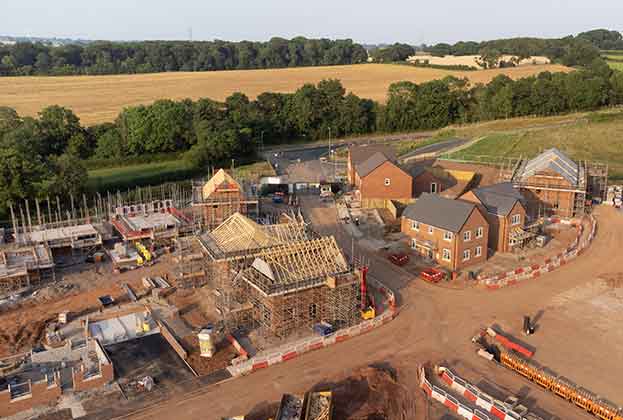
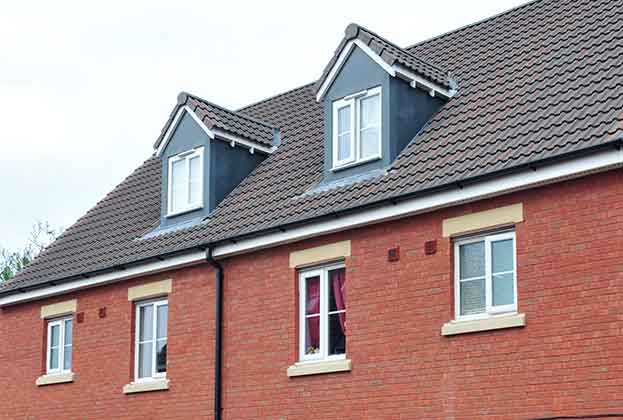
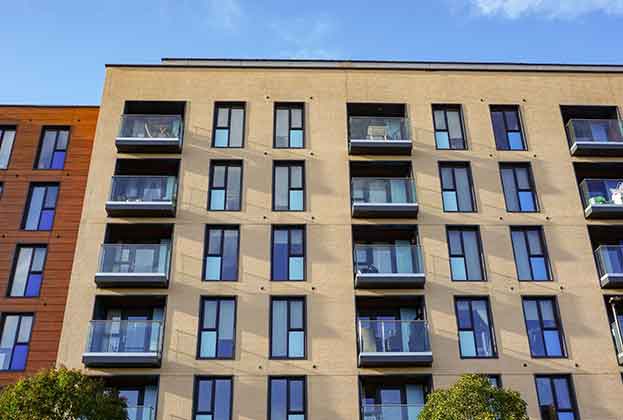
.jpg)
.jpg)
.jpg)
.jpg)
.jpg)
